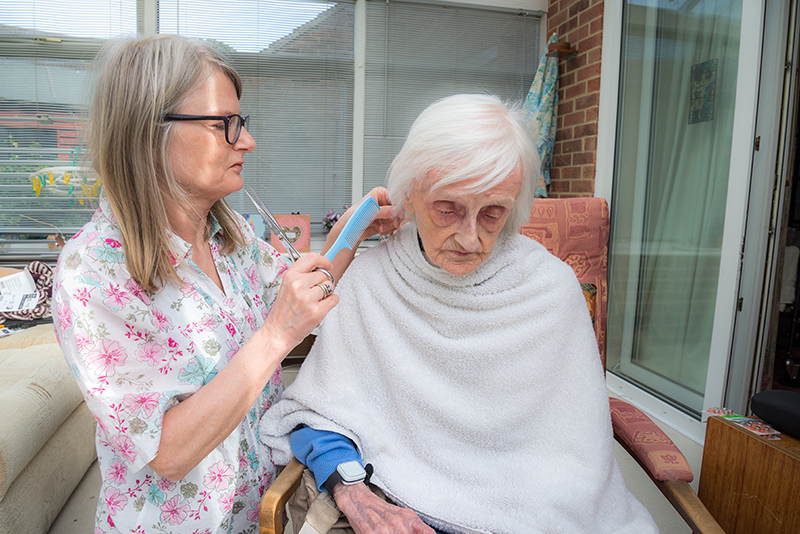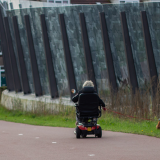
Living conditions and quality of life
Living conditions and quality of life is one of Eurofound's main operational activities for the 2025–2028 programming period. Building on the past 50 years of research, Eurofound continues to monitor living conditions, cohesion and convergence in Europe, aiming to map and analyse key elements for the improvement of living conditions, including people’s perceptions of quality of life and society.
Eurofound’s priorities for 2025–2028 are shaped by the opportunities and challenges arising from four mega-drivers: demographic change, climate change, technological change and re-globalisation. Research in this activity examines the social implications of the transition to a climate-neutral economy, focusing on sustainable behaviours, distributional effects and social cohesion. Eurofound also examines the social impact of technological change and artificial intelligence, including the digital divide and the living conditions of those working in new forms of work. The research focuses on different groups and also examines their needs and access to public services and social protection.
The next iteration of the European Quality of Life Survey (EQLS), to be fielded in 2026, offers a new perspective on the impact of the four mega-drivers and the compounded challenges on quality of life and material living conditions in Europe.

























